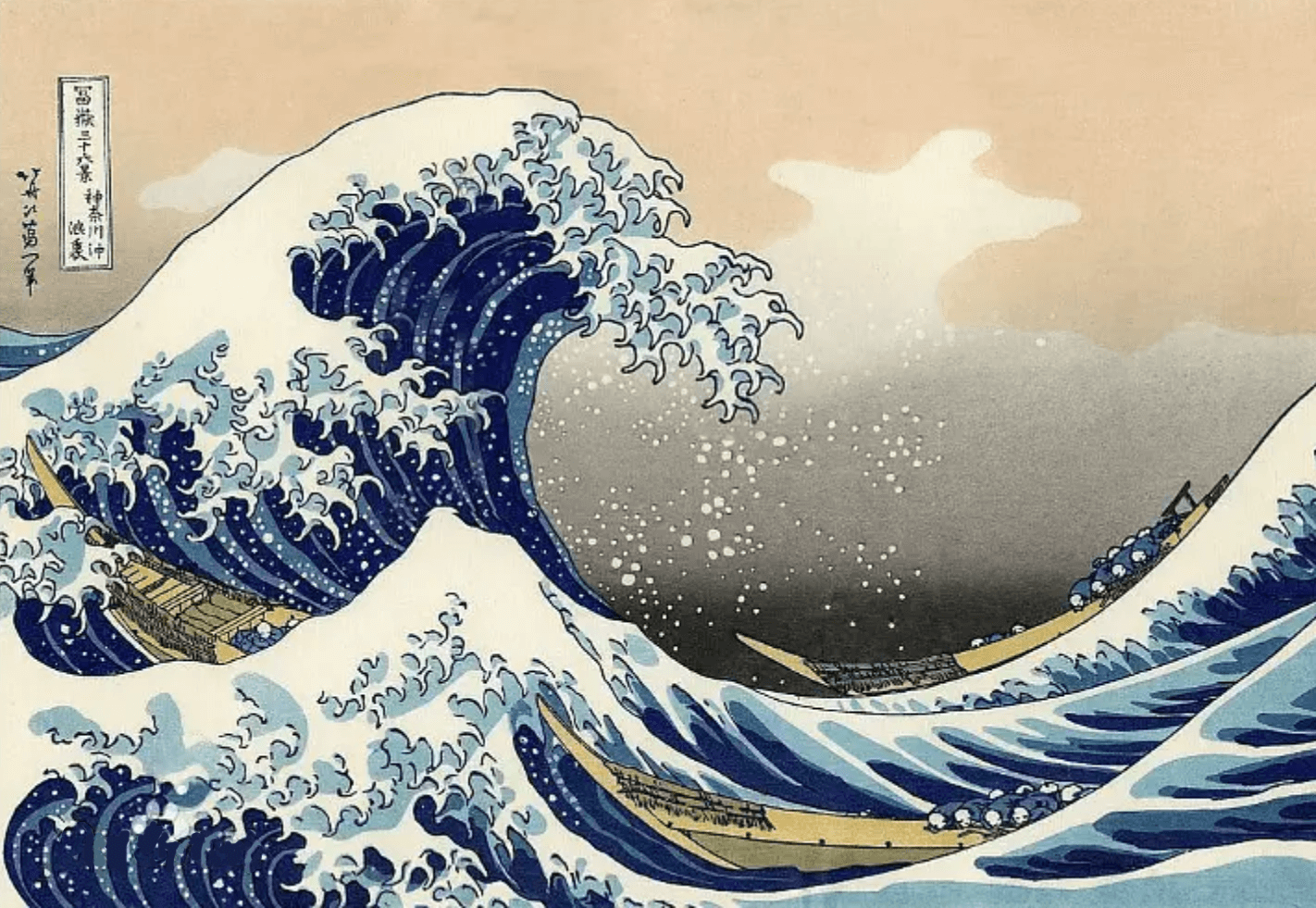社会主义下人的灵魂(四)
It is clear, then, that no Authoritarian Socialism will do. For while under the present system a very large number of people can lead lives of a certain amount of freedom and expression and happiness, under an industrial-barrack system, or a system of economic tyranny, nobody would be able to have any such freedom at all. It is to be regretted that a portion of our community should be practically in slavery, but to propose to solve the problem by enslaving the entire community is childish. Every man must be left quite free to choose his own work. No form of compulsion must be exercised over him. If there is, his work will not be good for him, will not be good in itself, and will not be good for others. And by work I simply mean activity of any kind.
显然,独裁式的社会主义是行不通的。因为即使是在当今社会,大多数人也还是能享有一定的自由,一定的情感和欢乐。而在一个全是工业的社会,或是一个经济专制的社会,没有人可以享有任何的自由。令人感到遗憾的是,我们的社会中的确应该存在一部分的奴隶制,虽然为了解决问题就把整个社会变为奴隶制社会是十分幼稚的。社会中的每一个人都应该被保留择业的自由,而不应该有任何形式的强迫施加于其上。如果存在强迫,那么这份工作就是不适合他的,这份工作本身也是不好的,而且它对于其他人也会是一种压迫。这里所谓的工作,我指的是任何形式的活动。
I hardly think that any Socialist, nowadays, would seriously propose that an inspector should call every morning at each house to see that each citizen rose up and did manual labour for eight hours. Humanity has got beyond that stage, and reserves such a form of life for the people whom, in a very arbitrary manner, it chooses to call criminals. But I confess that many of the socialistic views that I have come across seem to me to be tainted with ideas of authority, if not of actual compulsion. Of course, authority and compulsion are out of the question. All association must be quite voluntary. It is only in voluntary associations that man is fine.
现在,我从不认为有任何的社会主义者,会严肃的提出这样一个议案:每天早上,派一位巡警挨家挨户的检查人们是否起床,做了八个小时的工作。人类早已超过了这种阶段,并还保留着一种随心所欲的生活方式,而选择这种方式的人被称作罪犯。我承认,很多我碰到的关于社会主义的观点,都是被权威玷污了的,即使那不是强迫性质的。当然,权威和强迫并不在这个问题的讨论范围中。任何的组织都应该是自发形式的,也只有在这样的组织中,人们才能保持美好。
But it may be asked how Individualism, which is now more or less dependent on the existence of private property for its development, will benefit by the abolition of such private property. The answer is very simple. It is true that, under existing conditions, a few men who have had private means of their own, such as Byron, Shelley, Browning, Victor Hugo, Baudelaire, and others, have been able to realise their personality more or less completely. Not one of these men ever did a single day’s work for hire. They were relieved from poverty. They had an immense advantage. The question is whether it would be for the good of Individualism that such an advantage should be taken away. Let us suppose that it is taken away. What happens then to Individualism? How will it benefit?
或许有人会问,既然个人主义的发展或多或少的依赖于个人财产的存在,那么它是怎么从废除个人财产制度中获益的呢?答案很简单,那就是在当下确实存在着一批有自我意识的人,比如拜伦,雪莱,布朗宁,维克多·雨果,波德莱尔等等,他们已经或多或少的意识到了他们的人格。这群人中,没有谁会去做一些被雇佣的工作,他们已经从财产中解放了出来,带有极大的优越性。问题在于要使个人主义更好的发展,这种优越性应该被去除。让我们假设一下如果这种优越性被去除,个人主义会变得怎么样,又会得到什么益处。它将得益于这种方式:在新的条件下,个人主义将变得更自由,更优越,而且比现在强得多。我指的并不是刚才提到的那些诗人以为的极富想象力的个人主义,而是真正的,潜藏在众人之中的个人主义。通过用人类所拥有的东西来迷惑他,对于个人财产的认识已经深深地妨害了个人主义。它完全把个人主义带向了歧途,让个人主义偏离了本来的目标,以至于人们认为重要的是拥有,却不知道真正重要的是变成什么。人类所依靠的真正的优越性,不在于他拥有什么,而在于他是什么。


